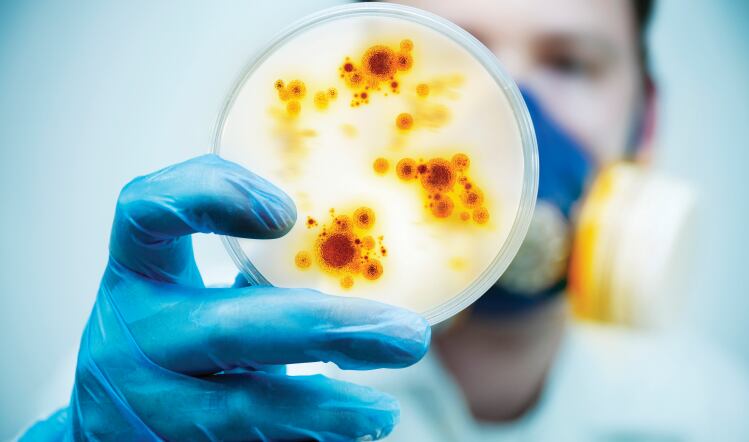Phages that specifically kill listeria can be used during food processing to prevent the spread of these deadly bacteria on food.
Over the past few months, listeria outbreaks have claimed hundreds of deaths, miscarriages and hospitalisations in the UK, Spain, Germany, Austria, Switzerland and the Netherlands and have provoked public concern.
Phages have become an important food safety tool for the industry on all continents. In the US in 2006, the anti-listeria phage product Listex, produced by the Wageningen-based life sciences company Micreos Food Safety, was the first phage product generally recognised as safe (GRAS) and approved as a food processing aid by the Food and Drug Administration (FDA).
However, while this European innovation had been accepted across the world, in Europe itself the availability of the product had been hampered by regulatory uncertainty, Micreos Food Safety said.
That was despite the fact that the efficacy and safety of the solution had been confirmed by the European Food Safety Authority (EFSA) and was supported by numerous global studies.
The Order of the European Court of Justice had addressed this ambiguity and Listex could be used to prevent the presence of listeria during the final stages of production from growing out to contaminated levels, according to Micreos Food Safety.
EU Phage regulation
Members of the European Parliament are now turning to the European Commission with the urgent advice to develop a specific EU phage regulation, but in the meantime, sufficient clarity had been established by the Court of Justice to apply this technology for the benefit of the European consumer, just as it had across all other continents, Micreos Food Safety said.
Listeria is particularly dangerous for pregnant women, the elderly and immune-comprised. Ready-to-eat products are especially at risk of listeria contamination, as they are usually not heated before consumption.
While food processors are responsible for proper hygiene, they lack the tools to deal with naturally present listeria and have urgently called for innovation and additional tools to keep food safe. At the same time, consumers are calling for minimisation of chemical preservatives on food, amid fears these could affect the human microbiome, which is an important part of our immune system.
Phages represent an entirely new category in food safety, without these drawbacks. But ironically, the fact that the use of phages differs from existing methods has been the very cause of the delay to their acceptance in the EU.
According to Martin Loessner, professor of food microbiology at the Institute of Food, Nutrition and Health at science, technology, engineering and mathematics university ETH Zürich: “As demonstrated and confirmed by independent scientific investigations over the past 15 years, phages are safe, natural and offer a simple, yet elegant way to prevent listeria on our food products.”




